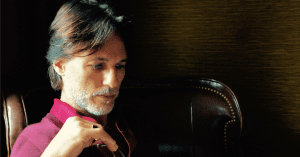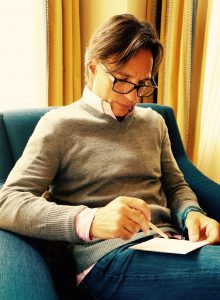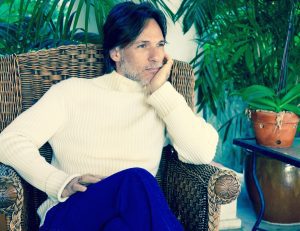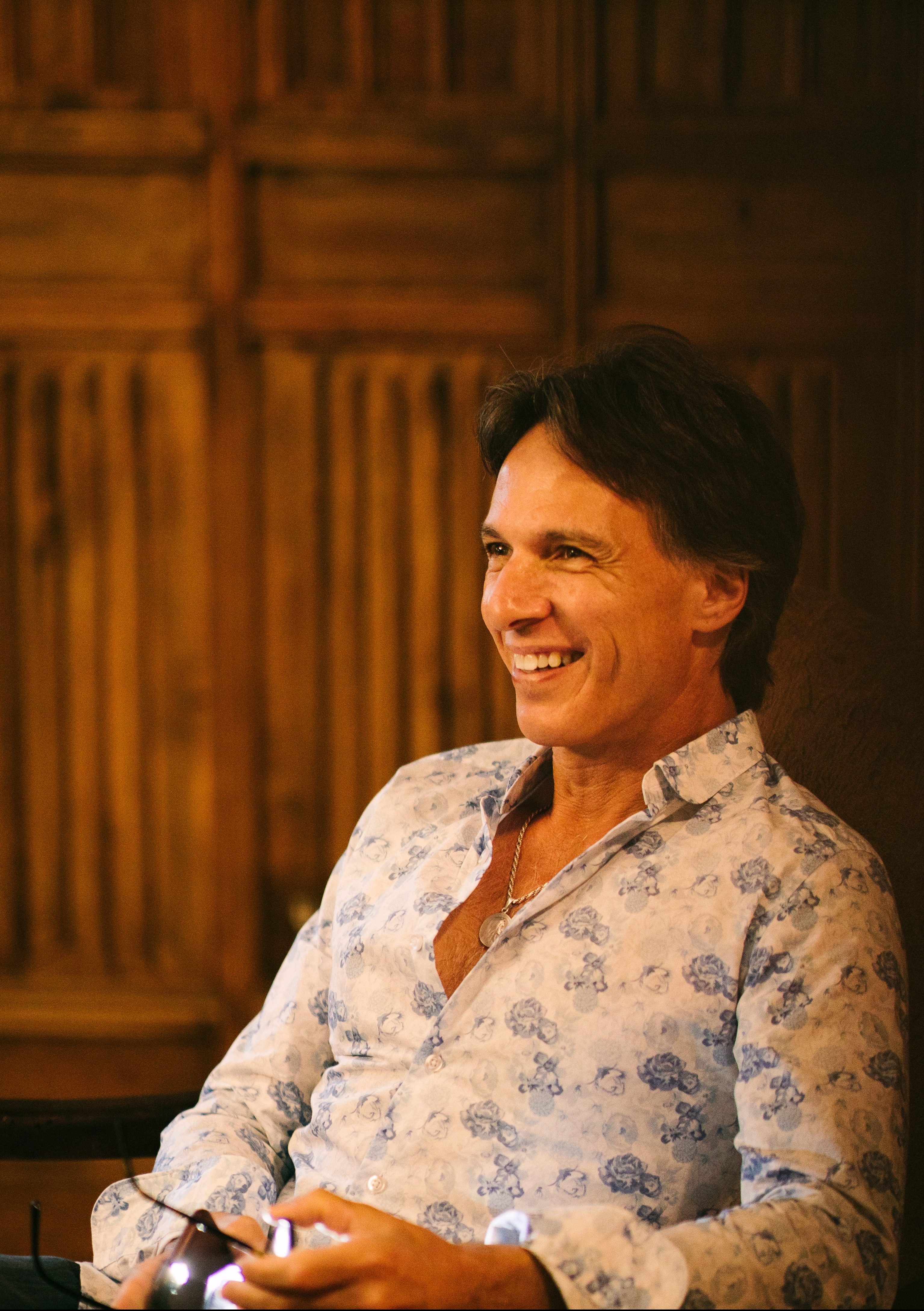
I received some great responses to my last article, The Art of Higher Knowledge Part 1 (CLICK HERE if you would like to read it), so I thought I would begin part 2 by sharing a glimpse into my own personal journey as an autodidact.
By the age of seventeen I had already created extreme adversity in my life with the decisions I’d made. A couple of those adolescent decisions were not only unwise, one of them was just plain negligent and made with reckless abandonment. The results led me on a journey where I became determined to grasp the deeper meaning behind the tragic effects I had caused. It wasn’t long before I discovered there was an actual law that governed such a thing. It was no ordinary law…it was the Universal Law of Cause and Effect.
Fixated as I was on understanding the laws of the Universe and the mechanics behind such esoteric things as Hermetic alchemy, I became intent on knowing if it was possible to transmute a negative experience into a positive outcome. Aware that my objective was mystical in nature, I asked myself, “Where does one go to obtain such knowledge?” Standing at the crossroads, as far as I could see, I had two directions from which to choose. One was a conventional, academic path where I could formally study a number of different subjects, such as theology, philosophy and psychology, the other an unconventional path of self mastery, where I could absorb as much specific knowledge as I desired and more importantly, at an accelerated pace.
As I contemplated my options it occurred to me that I might be searching for something unattainable. I began to wonder if anyone actually possessed the knowledge I sought, and if so, which path would lead me to the one? I was determined to find the wizard and pull back the curtain. To my amazement, I discovered that I am the wizard and the answers are within. I believe it was at that moment that my path as an autodidact was set in stone.
I became a voracious reader and dedicated myself to seeking knowledge through every experience, good or bad. In essence, I became a scholar who saw every moment and encounter as an opportunity to learn and therefore grow. My intense desire to understand the laws of the Universe were due to my genuine thirst for knowledge itself, not for social recognition of my grasp of the laws.
It seemed the less I cared about prestigious titles the more I valued the priceless knowledge I was receiving along my journey. Ironically, my life became filled with academic minded people. My close circle of diverse friends ranged from professors of science, theologians, neurobiologists, psychologists, quantum physicists, actors, musicians and of course the occasional super model, wink wink.
Forming close relationships with such an eclectic group afforded me the luxury of having in-depth discussions on things as deep as quantum physics and the origins of the Universe to things as silly as, does God exist and if he/she does, do they wear quality footwear?
Seeing that I could not only articulate my viewpoint with individuals who had obtained such prestigious degrees, but that I could actually contribute a fresh perspective, revealed that the path I’d chosen was not in vain. I must add that it was also through these relationships that I became aware of the support a university provides students in his or her search for knowledge.
Obviously, there are specific subjects where a University provides the best and sometimes only environment for a student to practice their craft. For example, a medical student needs access to cadavers. Clearly, even the most disciplined autodidact would not be able to create the necessary environment on his own, unless he or she kept a cadaver in their fridge, which is highly frowned upon and extremely illegal.
Undoubtedly, an academic environment is the major attribute provided by a university. When we examine the three major factors that comprise an academic environment we will find they are other individuals of common interest, the required tools for study and of course a disciplined structure in which to stay focused upon the topics of interest.
However, if a student possessed the necessary tools, the acquaintance of professors and other scholars, self discipline and a genuine interest in learning, they could in fact create their own academic environment.
 As I began to uncover the autodidacts who accomplished such a task, I was blown away with some of the names on the list. Men and women with whom I hold the highest respect. People whose contribution to society was and still is of enormous proportion. Here is a list, just to mention a few of the thousands of autodidacts who have been major contributors to society.
As I began to uncover the autodidacts who accomplished such a task, I was blown away with some of the names on the list. Men and women with whom I hold the highest respect. People whose contribution to society was and still is of enormous proportion. Here is a list, just to mention a few of the thousands of autodidacts who have been major contributors to society.
1: Leonardo da Vinci: (Inventor/Genius)
2: Nikola Tesla: (Inventor/Futurist)
3: Frank Lloyd Wright: (Architect)
4: Laura Ingalls Wilder: (Writer)
5: Steven Spielberg: (Film maker/Visionary Leader)
6: Estee Lauder: (Entrepreneur/Co Founder of Cosmetics Empire)
7: Sir Richard Branson: (Investor/Philanthropist/Owner of Everything Virgin)
8: Abraham Lincoln: (President of the United States of America)
9: Steve Jobs: (Paradigm Shifter/Inventor/Entrepreneur)
10: Bill Gates: (Business Magnate/Philanthropist)
11: Agatha Christi: (Novelist/Playwright)
12: William Lear: (Inventor/Founder of The Lear Jet Corporation)
13: Carl Sandburg: (Two-Time Pulitzer -Prize Winning Biographer)
14: Nancy Woodhull: (Founding Editor of USA Today)
15: Bob Dylan: (Musician/Poet)
16: Jimmy Page: (Musician/Alchemist)
Again, these are only a few from a list of thousands.
This small list shows the magnitude of knowledge that a self taught person can obtain, but what this article is really about is recognizing that we are all ultimately self taught and the art of obtaining knowledge is a participatory dynamic that starts from within oneself.
I assert that we all have access to the stream of infinite intelligence, and as we align with the source from which it flows we give ourselves that which no other can give to us…clarity. After all, what is knowledge for if not the clarity in which to understand ourselves and our relationship with one another. All experience, whether we call it good or bad, is how we learn. In fact, very often it is our darkest moments that become our greatest teachers. To quote J.R.R. Tolkien, “A light from the shadow shall spring.”
 Looking back on my journey, as I conclude this article, it has become very clear that my experiences along the autodidact’s path of self mastery have indeed been my greatest assets for acquiring knowledge. However, learning is a continual process and I am humble enough to realize that I have much more to learn. My deepest respect and gratitude goes out to all the teachers who have aided me along my path.
Looking back on my journey, as I conclude this article, it has become very clear that my experiences along the autodidact’s path of self mastery have indeed been my greatest assets for acquiring knowledge. However, learning is a continual process and I am humble enough to realize that I have much more to learn. My deepest respect and gratitude goes out to all the teachers who have aided me along my path.
As we all reach for higher knowledge, from which ever path we choose, remember to be kind to one another as we each find our own way. For no credential can truly determine the value of knowledge reached. The only determining factor that reveals the height of the knowledge we have tapped, is how it feels when it is presented and the results when it is applied. Nothing more, nothing less.
This is part two of a two part series, to read part one Excuse Me, But What Are Your Credentials: The Art of Higher Knowledge Part 1, CLICK HERE.
If this article resonates with you, kindly comment and share.



